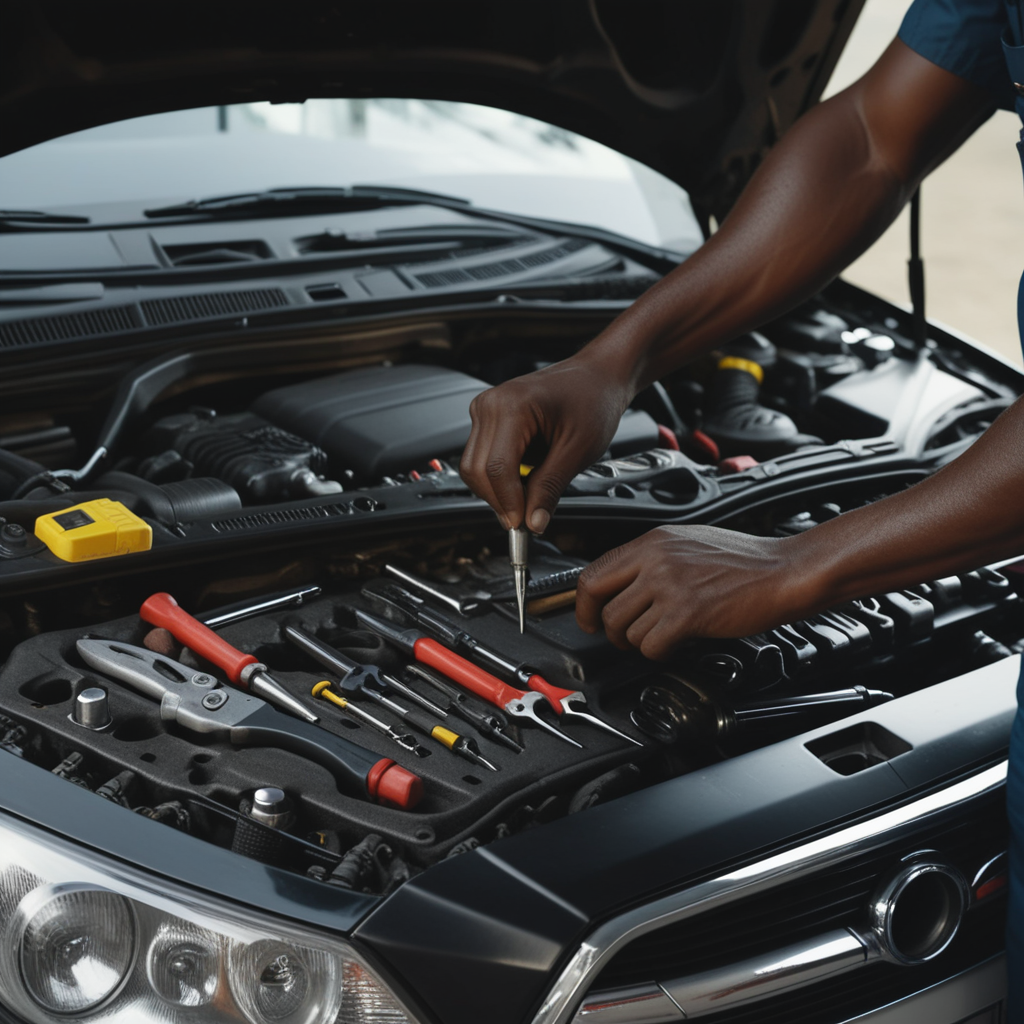1. Squealing Brakes
What It Means:
A high-pitched squealing noise when you apply the brakes is often a sign that your brake pads are worn out. This sound is caused by the metal wear indicator on the brake pads rubbing against the brake rotor. The squealing is a built-in warning to let you know it’s time to replace the pads.
How to Fix It:
To fix squealing brakes, you’ll need to replace the brake pads. It’s important to address this issue promptly to prevent damage to the brake rotors, which can be more expensive to repair. Regularly checking the thickness of your brake pads and replacing them when necessary can help you avoid this problem.
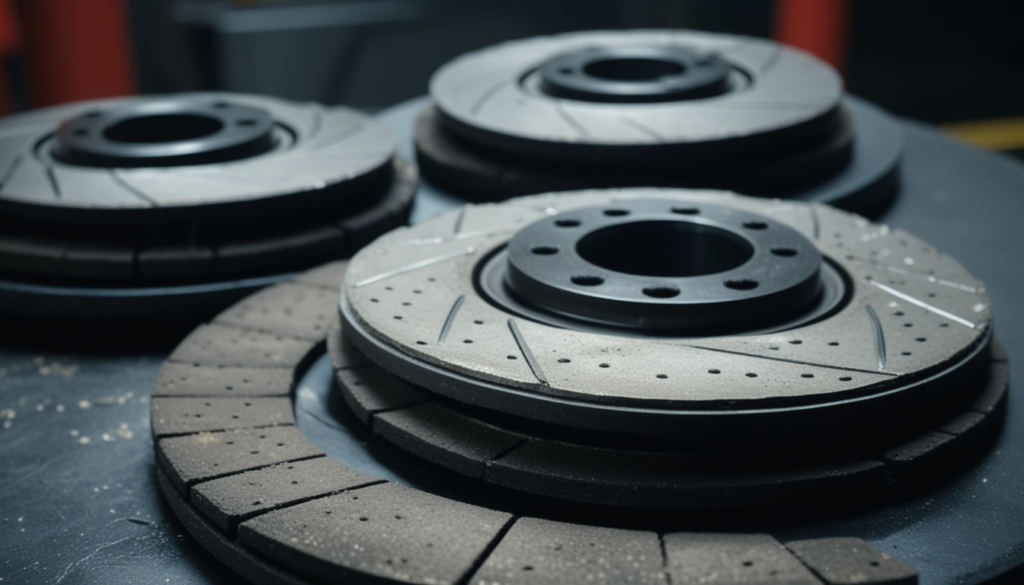
2. Grinding Gears
What It Means:
Hearing a grinding noise when shifting gears is usually a sign of trouble in the transmission. This could be due to worn-out synchronizers, low transmission fluid, or even a more serious mechanical issue within the transmission system.
How to Fix It:
If you hear grinding when shifting gears, it’s crucial to have your transmission checked by a professional mechanic. Depending on the severity of the issue, the solution might involve topping off or replacing the transmission fluid, or it could require more extensive repairs.
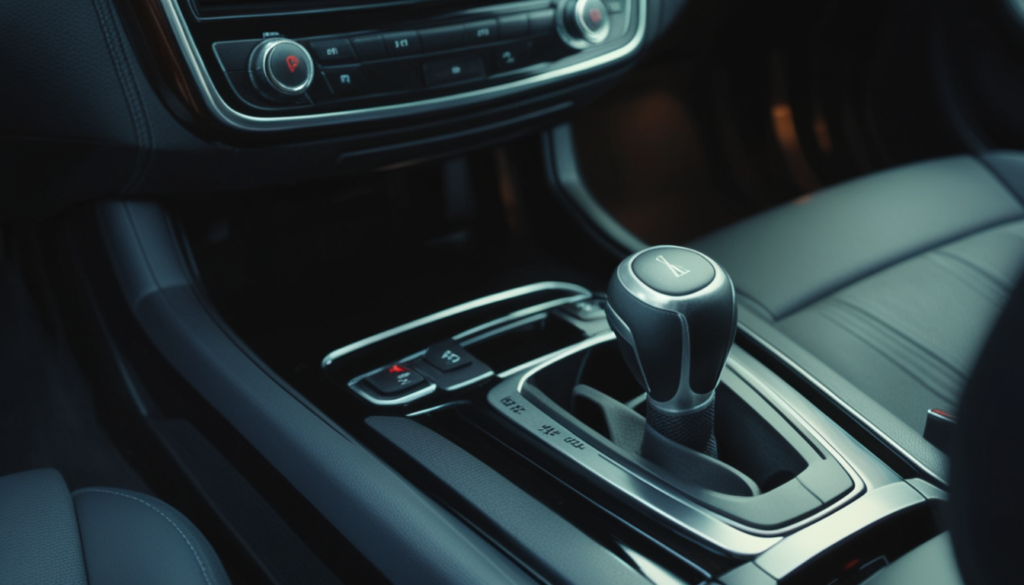
3. Rattling Under the Hood
What It Means:
Rattling noises coming from under the hood can be alarming. This sound is often caused by loose or broken parts, such as the serpentine belt, tensioner, or pulleys. These components are essential for keeping your engine running smoothly, so any unusual sounds should be investigated immediately.
How to Fix It:
Inspecting the engine bay for any loose or damaged parts is the first step. If you find a worn-out serpentine belt or a faulty tensioner, they should be replaced as soon as possible to prevent further damage to the engine. Regular inspections can help catch these issues early.
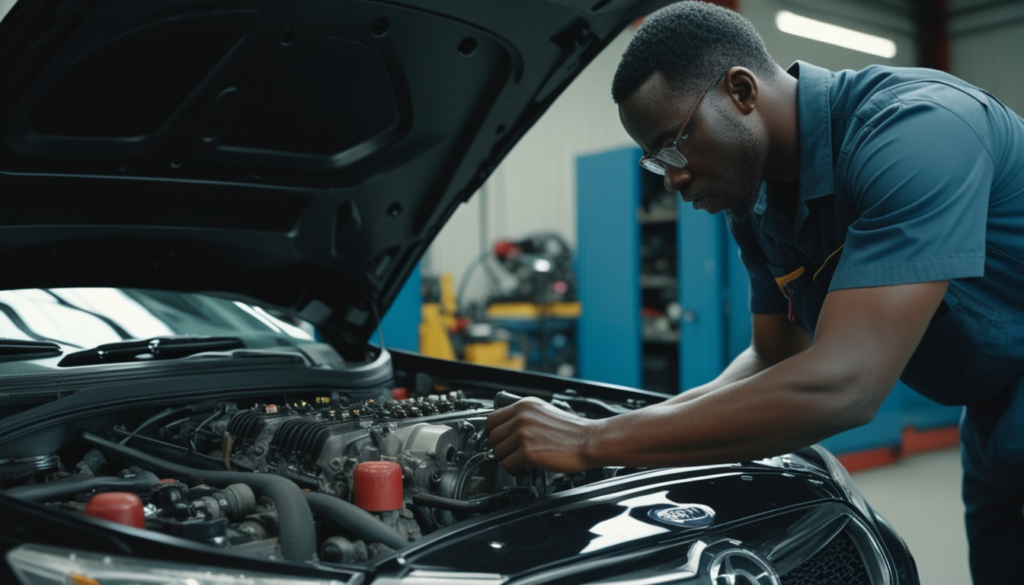
4. Hissing from the Engine
What It Means:
A hissing sound coming from the engine area typically indicates a leak in the cooling system, vacuum line, or exhaust system. This could be caused by a cracked hose, a faulty radiator cap, or even a small hole in the exhaust.
How to Fix It:
To address a hissing noise, you’ll need to locate the source of the leak. This might involve checking the radiator hoses, vacuum lines, and exhaust system for any visible signs of damage. Once the leak is found, replacing the damaged part should stop the noise and prevent further complications.
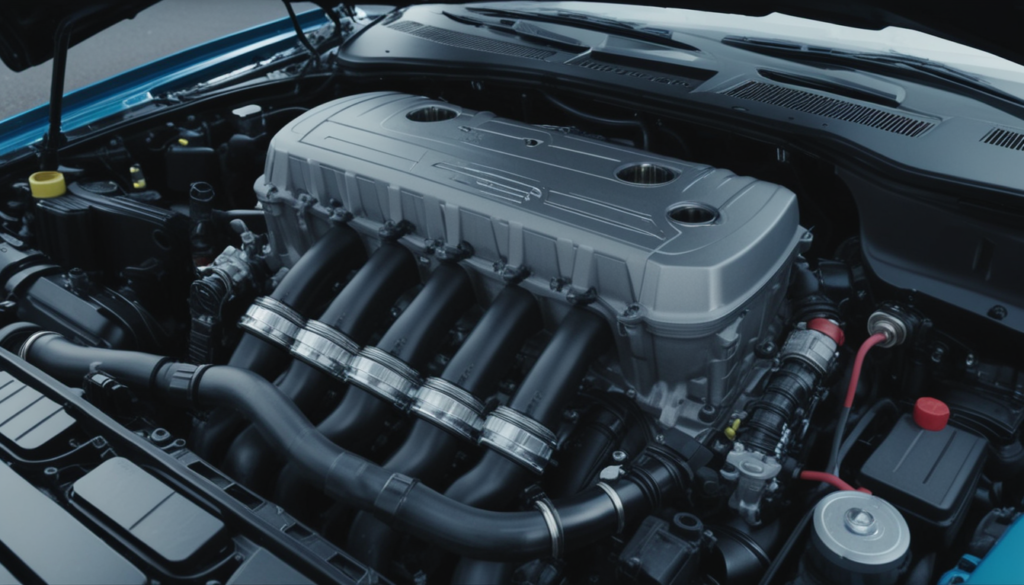
5. Knocking from the Engine
What It Means:
A knocking noise from the engine is one of the more serious sounds you might hear. This often points to problems with the internal components of the engine, such as worn-out bearings or pistons. This noise is usually a sign of engine wear and should not be ignored.
How to Fix It:
If your engine is knocking, it’s important to have it inspected by a professional mechanic immediately. In some cases, the engine might need a complete overhaul or replacement of specific components. Regular oil changes and using the correct type of fuel can help prevent knocking noises.
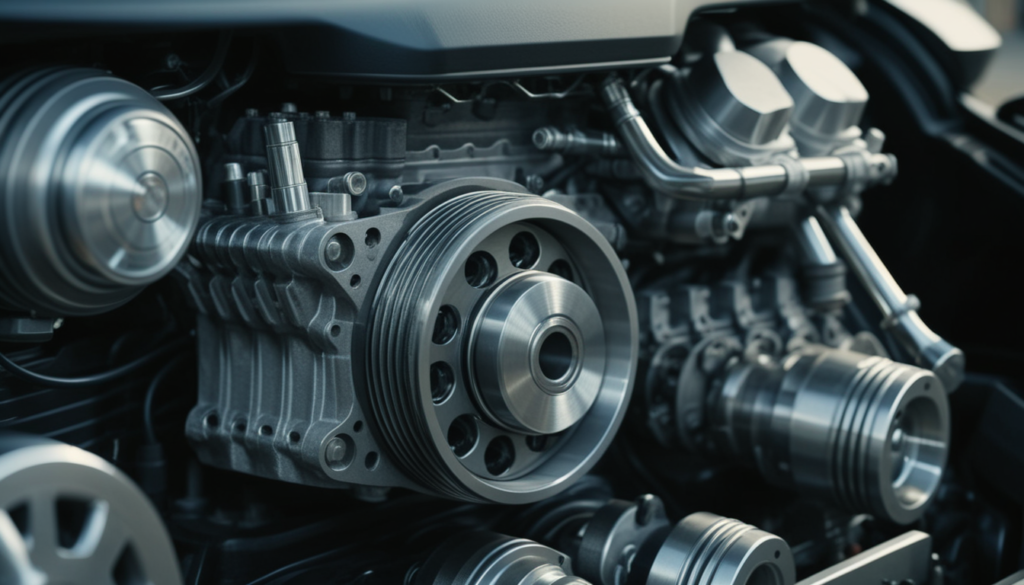
6. DIY Solutions and Preventive Measures
Prevention is Key:
While some car noises require professional intervention, others can be addressed with simple DIY solutions. Regular maintenance, such as checking fluid levels, replacing worn-out parts, and keeping up with scheduled services, can help prevent many common car noises.
Simple Fixes:
For example, if you hear a minor rattle, tightening loose bolts and screws might be all that’s needed. Regularly cleaning and inspecting your car can also help you spot potential issues before they become serious problems.
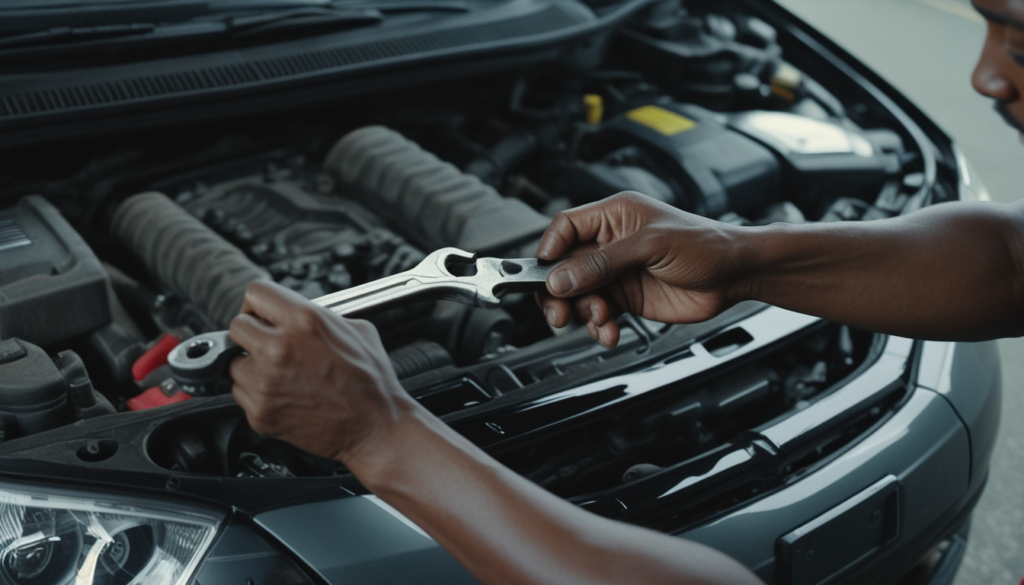
Conclusion: Don’t Ignore Your Car’s Warning Signs
Your car is constantly communicating with you, and the noises it makes are a key part of that communication. By understanding what these sounds mean and how to address them, you can keep your vehicle in top condition and avoid costly repairs down the road.
Is your car making any of these noises? Don’t wait until it’s too late. Schedule a service with us today and let our expert mechanics diagnose and fix the issue!


